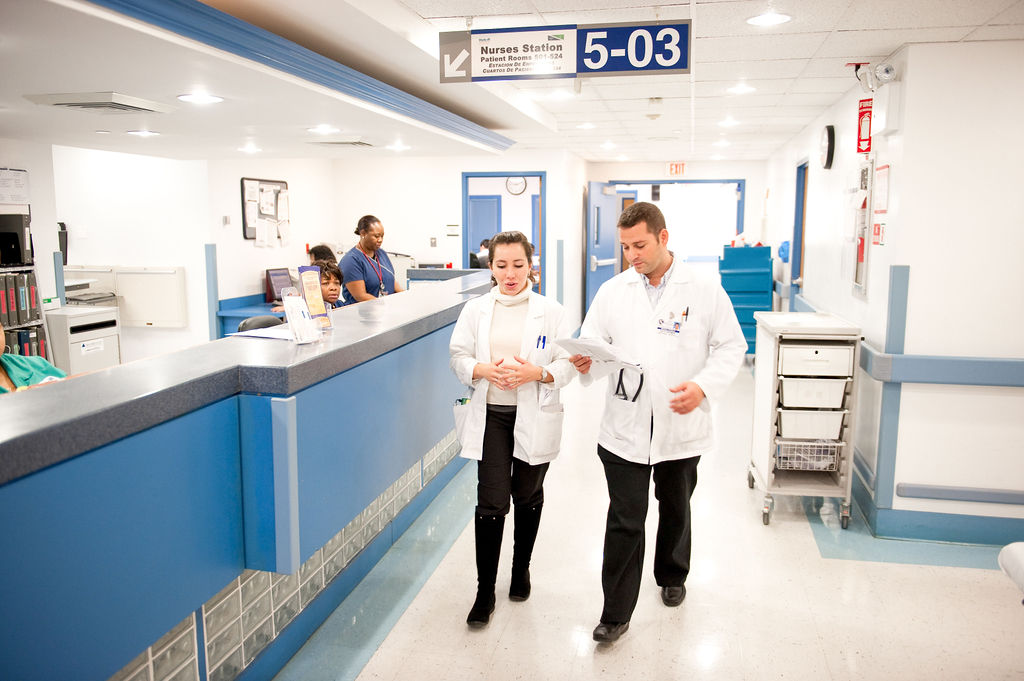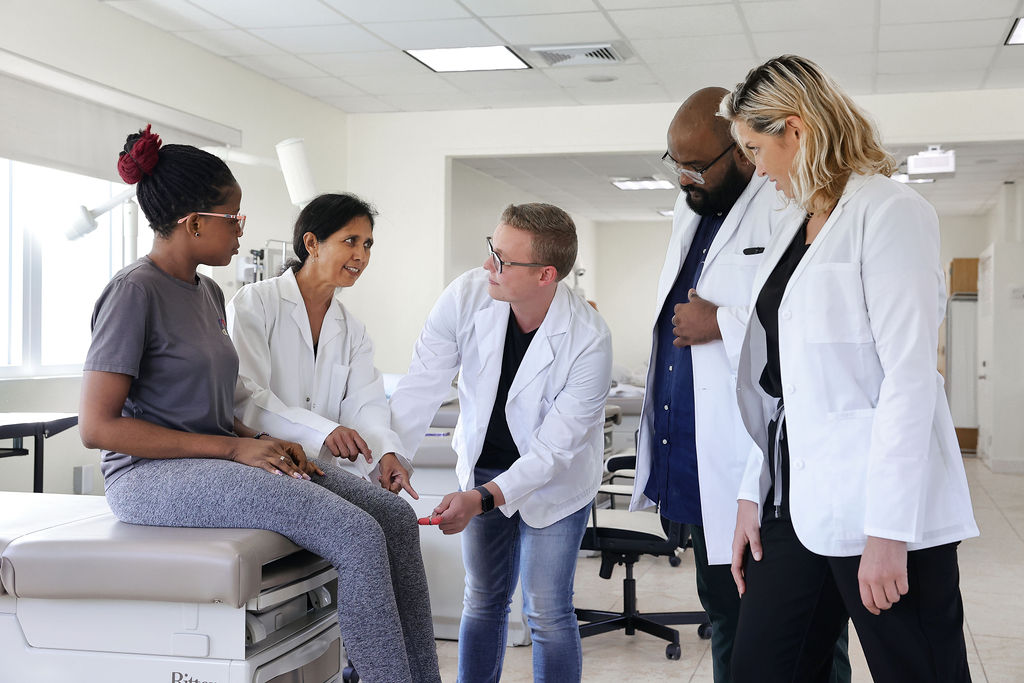
Everything You Need to Know About Match Day
Discover the pivotal role that Match Day plays in a medical student’s journey and the significance of this day in determining a future physician’s career path.
As you navigate the rigors of medical school, it is also important to keep your sights set on the next milestone in your medical education journey: Match Day. This pivotal event marks the culmination of your academic studies and sets the stage for your future as a practicing physician.
Below we’ve highlighted what you need to know as you prepare for medical school residency Match Day, so read on to learn more.
What Is Match Day?
Match Day is an eagerly anticipated event when the National Resident Matching Program (NRMP) unveils the results of residency and fellowship applications. Governed by the NRMP and accredited by the Accreditation Council for Graduate Medical Education (ACGME), Match Day ensures a standardized process for pairing residency programs with qualified candidates.
When Is Match Day?
Match Day usually occurs in mid-March and comes at the end of Match Week. At the beginning of Match Week, medical students find out if they have matched into a residency program, and at the end of the week is national Match Day, when they find out where exactly they have matched. Match Day 2025 is on Friday, March 21.
How Does the Match Day Process Function?
Match Day relies on a detailed system that places medical students in residency programs based on their skills and preferences, as well as on the preferences and needs of the programs themselves. The NRMP system utilizes a complex algorithm to accomplish this task.
While the Match process officially begins at the beginning of a student’s fourth year in medical school, securing a coveted residency position begins long before Match Day arrives. Building a strong academic and professional portfolio is important, with a strong performance in medical school serving as the cornerstone of your candidacy. Researching residency programs aligned with your desired specialty and performing well on the required interviews is very important as well, and utilizing the Electronic Residency Application Service (ERAS) streamlines the application process.
Some of the important documents that you need to submit with the application are:
- Application or curriculum vitae (CV)
- Letters of recommendation
- Personal statement
- Medical school transcripts
- Medical Student Performance Evaluation (MSPE)
- Licensing exam transcript



Residency Interviews and Rankings
Each year, between October and February, residency programs invite applicants to interview with their teams, tour their facilities and meet faculty members. The residency programs then rank prospective candidates based on their medical school performance, interview outcomes, written recommendations and more.
Students also rank the residency positions based on their preferences and what they experienced during the visits. They do this by creating a Ranked Order List (ROL) using match process software. Common recommendations for creating an effective rankings list include:
- Shoot for the stars: Even if there are highly competitive placements that you don’t think you’ll receive, it is a good idea to still include them on your list. There is always a possibility of matching based on the algorithm and the residency team’s interview impressions, and if you don’t receive your dream match, you can still match with programs lower on your list.
- Rank accurately: Think carefully about which programs you’d most prefer and create an order that truly reflects your desired outcomes. The NRMP match program takes into account how you prioritize your list. It demonstrates what is important to you and where you want to be.
- Quantity Matters: Submitting a short list of your top choices will not increase your chances of landing a prestigious residency placement. There is no benefit for a short list and no downside of a long list. So submit as many options as you can and increase your possibilities!
The National Resident Matching Program (NRMP) Match System
Once the ranking lists are finalized and submitted, with a deadline usually in mid-February, the NRMP adds them into their secure software system and runs them through the match software. It is encouraging to know that the system prioritizes student preferences over program rankings, although both parties must rank the other favourably for a match to occur.
What If You Do Not Match
Not matching is understandably a concerning prospect for current and future medical students. Beneficially though, there is a program in place to minimize the numbers of medical students that do not receive a match, called the Supplemental Offer and Acceptance Program (SOAP). SOAP runs from Monday to Thursday of Match week and gives unmatched candidates the opportunity to consider and match into different residency programs.
Achieving the Right Match
Ensuring success on Match Day requires meticulous preparation and strategic planning. This process has some essential dos and don’ts, including staying calm, focusing on your goals and taking plenty of time to write a stand-out personal statement. It’s also important to get strong letters of recommendation, create a well-rounded residency program list and attend all interviews you are offered.
Perhaps most importantly, begin early by enrolling in a medical school that can help you best prepare for this day. For example, Medical University of the Americas (MUA) MD program students maintain a strong residency placement rate, with graduates securing residency positions in programs throughout the U.S. and Canada.
To learn more about the journey of a recent graduate who is currently in a residency program, check out this testimonial video:
Join us at Medical University of the Americas and start on a path to medical school, residency and career success. Discover firsthand how MUA supports and enriches the journeys of future physicians.
Interested in learning more about our MD program, match day residency or speaking to an advisor? Contact us today.
FAQs About Match Day
Unfortunately no, but the Supplemental Offer and Acceptance Program (SOAP) gives unmatched candidates the opportunity to gain acceptance into different residency programs. A good way to avoid facing this challenge is to choose a medical school, such as Medical University of the Americas, where MD program students match into residencies at high rates.
Match Day is when fourth-year medical students find out where they will be undergoing their post-graduate residency training. It is the culmination of years of study and months of Match process preparation. As such, it is a very important and exciting time for medical students.
Match Day occurs near the end of medical school, in the fourth year of study, although it is not necessarily the very final component. Students may still need to wrap up minor parts of their studies, but a successful Match Day does conclude a very long journey of working toward residency training.
Medical students participating in the Match Day process are subject to a Code of Conduct. This includes maintaining ethical behaviour, fully disclosing information pertinent to programs, respecting privacy and confidentiality, ranking with integrity and more. Those who contravene the code may be subjected to a violation investigation as described in the Policies and Procedures for Reporting, Investigation and Disposition of Violations of NRMP Agreements.

Useful links
Get in touch for more information